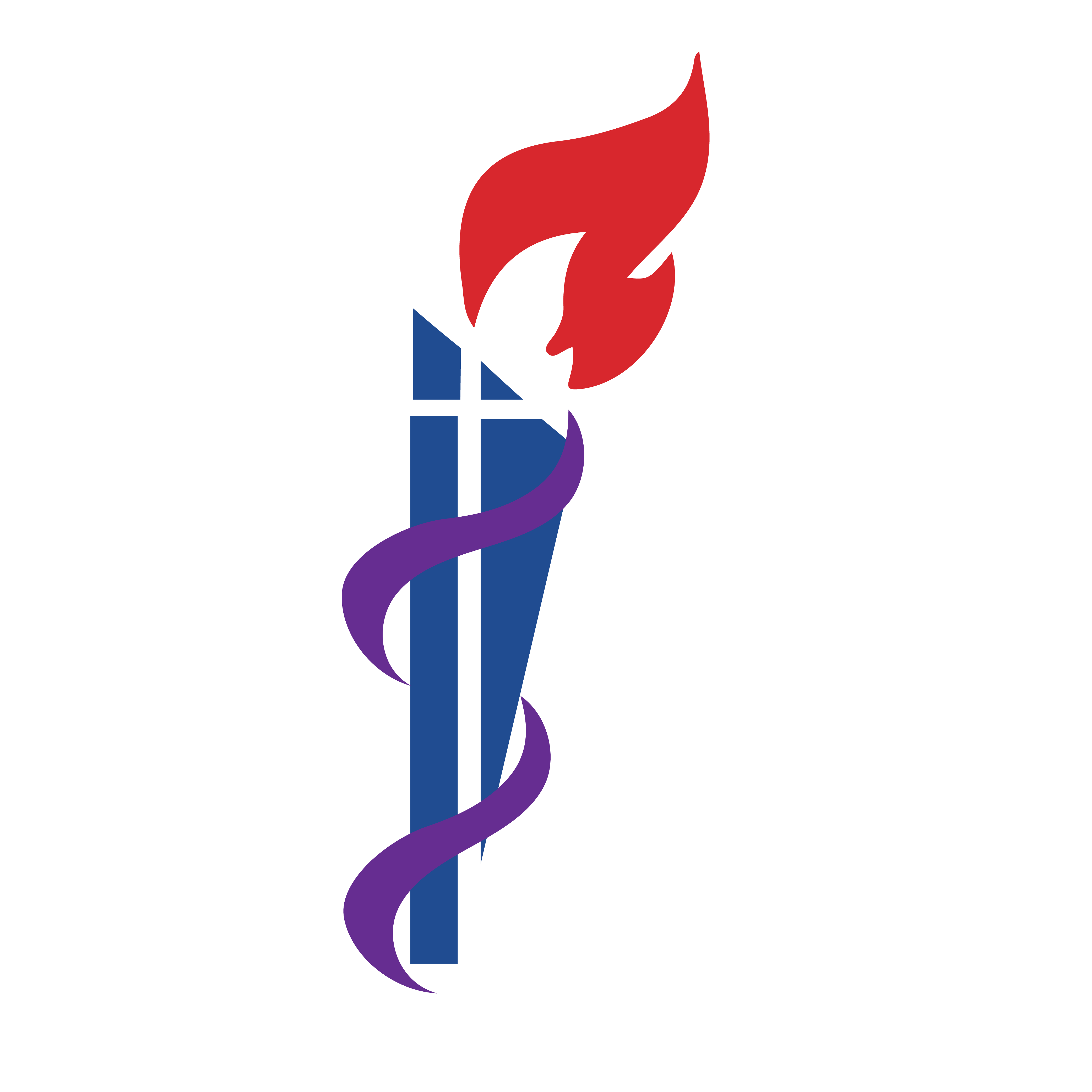There is a lot of talk in the news and in the community regarding a new rule from the government regarding people receiving public benefits and how would that may affect their immigration cases. This is not a simple issue and much information out there is not fully accurate. In this post, we seek to provide some clarification regarding the most relevant points of this issue. The new public charge rule creates a higher standard that applicants must meet to prove they are not likely to enroll in some public assistance programs in the future. If they cannot meet that standard, their applications for legal immigration status could be denied.
The rule was published on August 14, 2019 but it will not come into effect until October 15, 2019. However, it is possible that there will be delays with that implementation date due to challenges filed in court. What this rule requires is that applicants show that they are unlikely to enroll on certain programs of public assistance based on several factors, including their income and financial status, age, health, household size, and education and skills. The new rule expands the list of those programs.
There are three important things to keep in mind, though, that lessen the impact of this new rule. First, most immigrants are already ineligible for the benefits listed. Second, other public programs will not be a problem under this rule. Third, there are categories of immigrants that are not subject to the public charge grounds of inadmissibility (see below for some examples).
Finally, and critically important to keep in mind, any public assistance received by an applicant’s U.S. citizen family members (including children) will not be considered in the applicant’s public charge analysis.
Who is affected by the new rule?
*Applicants for adjustment of status in the United States
*Applicants for an immigrant visa abroad
*Applicants for a non-immigrant visa abroad
*Applicants for admission at the U.S. border who have been granted an immigrant or nonimmigrant visa, and
*Non-immigrants applying for an extension or change of status within the United States
Some of the most common groups of immigrants not affected by the new rule:
*Refugee applicants and refugees who are applying for adjustment of status
*Asylum applicants and asylees who are applying for adjustment of status
*Applicants for initial or re-registration of Temporary Protected Status (TPS)
*Applicants for renewal of Deferred Action for Childhood Arrivals (DACA) status
*Cubans who are applying for adjustment of status under the Cuban Adjustment Act
*Applicants for Special Immigrant Juveniles Status (SIJS)
*Victims of certain crimes who are applying for a U non-immigrant visa or U visa holders applying for adjustment of status
*Victims of domestic violence who are applying for relief under the Violence Against Women Act (VAWA), including approved self-petitioners who are applying for adjustment of status
The new rule also does not have an impact on Lawful Permanent Residents that want to renew their green cards or apply for citizenship. Neither does it affect Conditional Residents seeking to remove conditions.

